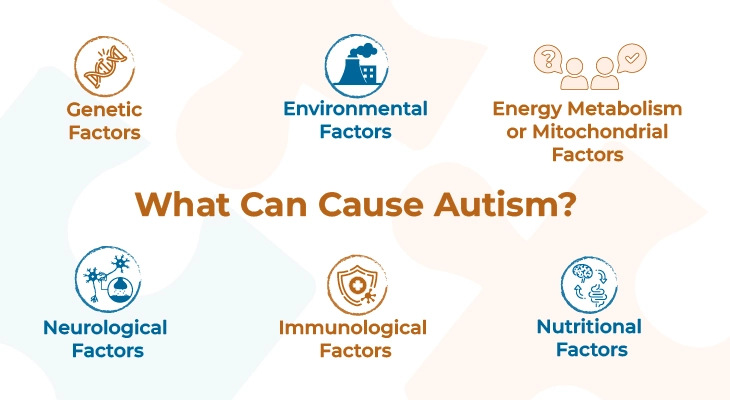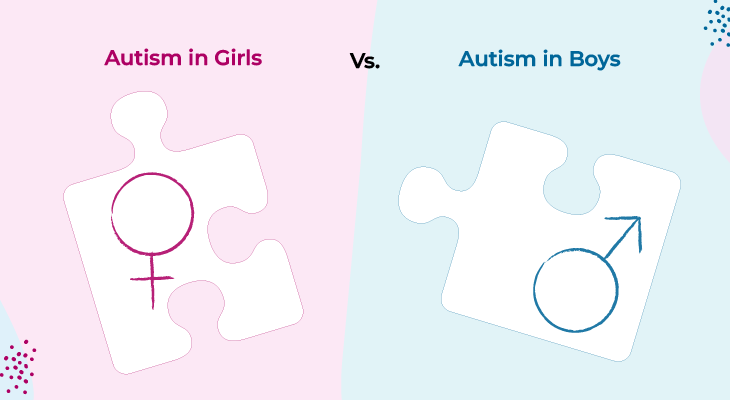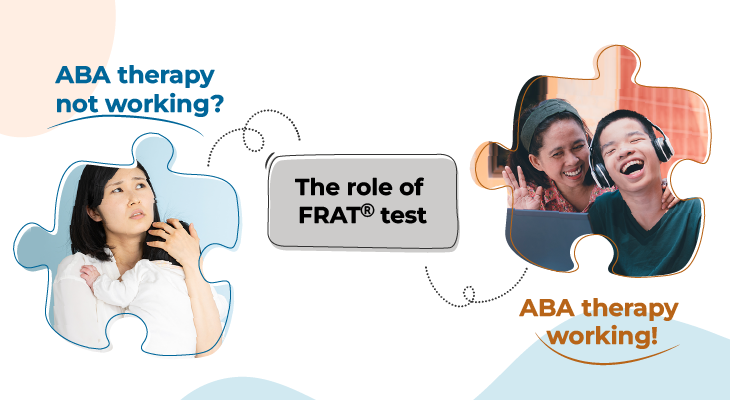Introduction
Autism Spectrum Disorder (ASD) is a neurodevelopmental disorder characterized by impaired social communication and repetitive behavior patterns. Its causes remain largely unknown, but several genetic and environmental factors have been identified as potential contributors. Among these factors, the role of folate and other B vitamins has been a topic of research and debate. In this blog post, we will explore the folate factor in autism and what the current research tells us about it.
What is Folate?
Folate is a B vitamin that is essential for many bodily functions, including DNA synthesis and repair, red blood cell formation, and nerve function. It is found naturally in many foods, including leafy green vegetables, fruits, and beans. Folic acid, a synthetic form of folate, is also commonly added to fortified foods and dietary supplements.
Folate and Autism
Research has suggested that folate may play a role in the development of ASD. Here are some key findings:
1. Reduced Folate Levels in ASD:
Several studies have reported that children with ASD have lower folate levels than typically developing children. For example, a study published in the Journal of Child Neurology found significantly lower folate levels in children with ASD as compared to typically developing children (1). Another study published in the Journal of Autism and Developmental Disorders found that children with ASD had lower levels of folate in their blood than their typically developing peers (2).
2. Genetic Factors:
Genetic factors may also be involved in the relationship between folate and ASD. For example, some studies have suggested that certain genetic variations that affect folate metabolism may increase the risk of ASD. One study published in Molecular Psychiatry found that a specific genetic variation that affects folate metabolism was more common in children with ASD than in typically developing children (3).
3. Folate Receptor Alpha Autoantibodies:
A more recent discovery of autoantibodies that target the Folate Receptor Alpha has been implicated in children with ASD. The Folate Receptor Alpha (FRα) is part of a mechanism that actively transports folate into several body organs including the fetus and the brain. Autoantibodies have been identified which interfere with the ability of the FRα to function. These autoantibodies are highly prevalent in children with ASD, implying that not enough folate (vitamin B-9) is getting into the brain (4).
4. Maternal Folate Status:
Maternal folate status during pregnancy may also play a role in the development of ASD. Some studies have suggested that low maternal folate levels during pregnancy may increase the risk of ASD in offspring. For example, a study published in the Journal of the American Medical Association found that children born to mothers who had low folate levels during pregnancy were at increased risk of ASD (5).
5. Folate Supplementation:
Supplementation with folic acid or other B vitamins has been investigated as a potential intervention for ASD. However, the results of studies have been mixed. Some studies have reported that folate supplementation can improve symptoms of ASD. For example, a study published in the Journal of Child Neurology found that folinic acid supplementation improved language and communication skills in children with ASD (6). However, other studies have found no significant effects of folate supplementation on ASD symptoms.
Implications and Recommendations
While the relationship between folate and ASD is still not fully understood, the findings discussed above suggest that folate may play a role in the development of ASD. Here are some implications and recommendations:
1. Further Research:
Further research is needed to fully understand the relationship between folate and ASD. More studies are needed to investigate the potential genetic factors that may be involved, as well as the effects of folate supplementation on ASD symptoms.
2. Maternal Folate Intake:
Given the potential role of maternal folate status during pregnancy, it is important for pregnant women to ensure they are getting enough folate. The recommended daily intake of folate for pregnant women is 600 micrograms (mcg) per day. This can be achieved through a combination of dietary sources (such as leafy green vegetables and fortified foods) and supplements.
3. Folate Supplementation:
While the evidence for the effectiveness of folate supplementation as an intervention for ASD is mixed, it may still be worth considering for some individuals. However, any decisions about supplementation should be made in consultation with a healthcare provider.
Conclusion
While the relationship between folate and Autism Spectrum Disorder (ASD) is complex and not fully understood, the current research suggests that folate may play a role in the development of ASD. Studies have shown that reduced folate levels in children with ASD, genetic factors, and low maternal folate levels during pregnancy may increase the risk of ASD. Supplementation with folic acid or other B vitamins has been investigated as a potential intervention for ASD, with mixed results.
It is important for pregnant women to ensure they are getting enough folate to reduce the risk of ASD in their offspring. Further research is needed to fully understand the relationship between folate and ASD, including the potential genetic factors that may be involved, as well as the effects of folate supplementation on ASD symptoms. Any decisions about supplementation should be made in consultation with a healthcare provider.
Overall, the folate factor in autism highlights the importance of proper nutrition and the potential impact of environmental factors on neurodevelopmental disorders.
For information on autism monitoring, screening and testing please read our blog.
References
- James SJ, et al. Reduced folate carrier 1 (RFC1) glutamate form is associated with poorer cognitive test performance in methotrexate-treated children with acute lymphoblastic leukemia. Journal of Child Neurology. 2009;24(11):1419-1425.
- Krakowiak P, et al. Maternal metabolic conditions and risk for autism and other neurodevelopmental disorders. Pediatrics. 2012;129(5):e1121-8.
- Ruzzo EK, et al. Variants of folate metabolism genes and the risk of autism spectrum disorders. Journal of Autism and Developmental Disorders. 2013;43(7):1636-1647.
- Frye RE, et al. Folate metabolism abnormalities in autism: potential biomarkers. Biomarkers in Medicine. 2017 11(8), 687-699.
- Schmidt RJ, et al. Maternal periconceptional folic acid intake and risk of autism spectrum disorders and developmental delay in the CHARGE (Childhood Autism Risks from Genetics and Environment) case-control study. American Journal of Clinical Nutrition. 2012;96(1):80-89.
- Frye RE, et al. Folinic acid improves verbal communication in children with autism and language impairment: a randomized double-blind placebo-controlled trial. Molecular Psychiatry. 2018;23(2):247-256.





